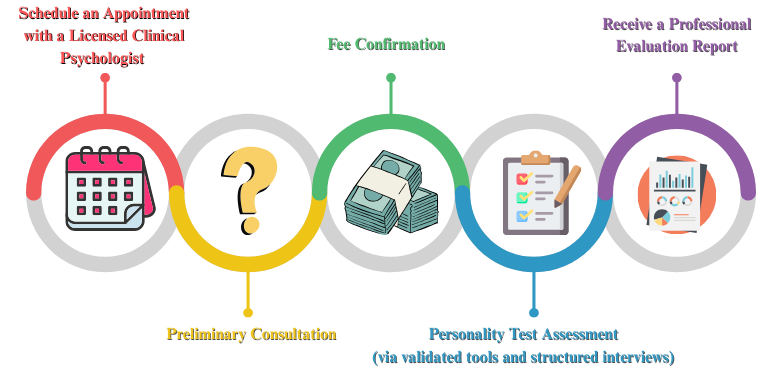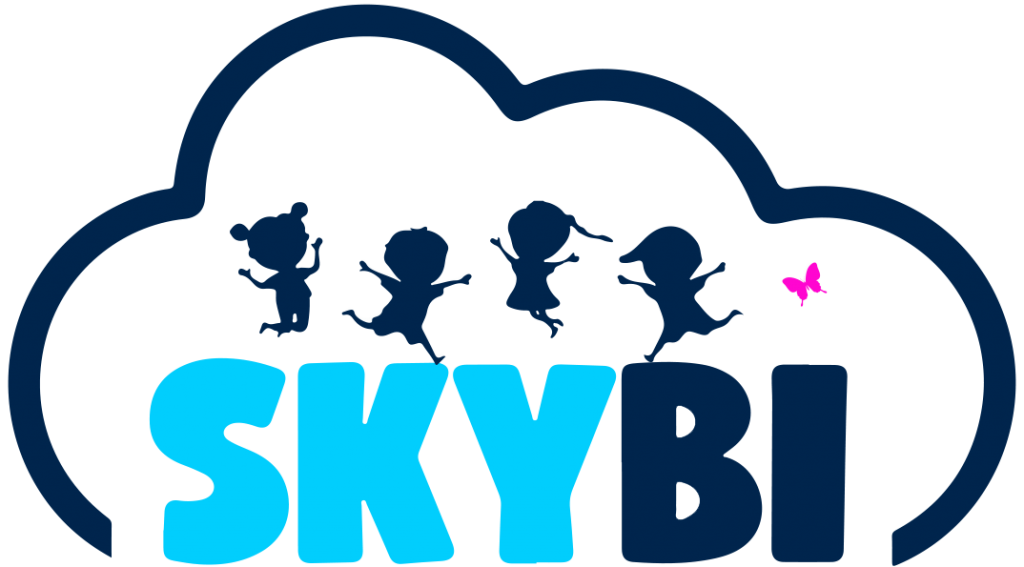13-9, 2 Rio Tower, Persiaran Rio, Bandar Puteri, 47100 Puchong, Selangor, Malaysia.
Cluster A: Personality Disorders
Personality Trait Assessment
Odd or Eccentric Patterns
Many people search for a Personality Test Assessment to understand their personality patterns. In clinical psychology, Cluster A describes “odd or eccentric” traits — independence, caution, and unusual ways of thinking or relating that can impact daily life and relationships.
Confidential • Licensed Psychologist
What Is Cluster A?
Cluster A traits are not “good” or “bad”—they are part of personality. What matters is how these patterns influence work/studies, relationships, and self-image, and how you can navigate them more effectively.
Early recognition helps you and the people around you reduce friction, build trust, and preserve your strengths while addressing the hard parts.
The Three Types of Cluster A Traits

Main Features:
- Persistent suspicion or distrust
- Fear of being taken advantage of or betrayed
- Guarded and cautious in relationships
Strengths and Challenges Across Life Domains:
- Intimate relationships: Loyal and protective once committed; suspicion can create tension or controlling patterns.
- Social relationships: Careful in choosing friends; good at spotting hidden agendas, yet may misread neutral actions as threats.
- Work/Studies: Excellent at risk detection and detail-oriented tasks; teamwork may suffer due to mistrust or defensiveness.
- Self-perception: Sees self as cautious and independent; often feels unsafe, on-guard, or misunderstood.
 Main Features:
Main Features:
- Preference for solitude, low social drive
- Limited emotional expression, perceived as distant
- Deep focus on personal interests
Strengths and Challenges Across Life Domains:
- Intimate relationships: Values space and independence; struggles with closeness and expressing affection.
- Social relationships: Stays out of conflict; may be seen as “cold” or uninterested, leading to isolation.
- Work/Studies: Strong focus and self-sufficiency; thrives in independent work, but may be sidelined in team settings.
- Self-perception: Identifies as self-reliant and objective; may also feel different, detached, or lonely.
 Main Features:
Main Features:
- Odd or eccentric ways of thinking, speaking, or behaving
- Unusual beliefs or perceptual experiences
- Social interactions feel awkward or anxiety-provoking
Strengths and Challenges Across Life
Domains:
- Intimate relationships: Brings uniqueness
and depth; unusual beliefs or behaviours
can confuse or distance partners. - Social relationships: Highly original;
eccentricity may invite rejection or
misunderstanding. - Work/Studies: Imaginative, innovative
ideas; struggles in rigid structures and with clear, concise communication. - Self-perception: Sees self as different or gifted; may feel anxious, alienated, or chronically misunderstood.
Why Seek an Assessment?
At mild levels, these traits may simply reflect a person’s style. But when they become more intense, they can create significant strain in workplaces, couples, and families — leading to confusion or distress for both the individual and those around them.
👉 A professional assessment helps you:
✅ Distinguish between different personality trait patterns
✅ Recognize strengths as well as friction points
✅ Learn skills for trust-building, communication and boundaries
✅ Support others in understanding and responding more effectively
Personality Test Assessment and Professional Tools
Many people look for a Personality Test Assessment online. In clinical practice, validated tools include:
- MMPI (Minnesota Multiphasic Personality Inventory)
- SCID-II (Structured Clinical Interview for DSM Disorders)
These are administered by licensed clinical psychologists and combined with in-depth interviews and observation. When we refer to a Personality Test Assessment, we mean a professional evaluation using tools like MMPI—not a casual online quiz—so your results are reliable and actionable.
Avoiding Labels, Encouraging Growth
Assessment is not about labeling you. It’s about increasing awareness, providing psychoeducation, and helping you (or someone you care about) access appropriate professional support.
Labels can harm; avoiding help can delay growth. Our mental health professionals act as companions in your journey, supporting you toward balance and healthier relationships.
How a clinical personality assessment works?

Note: The assessment process usually involves: a 60-minute intake session, a 45–60 minute testing session (e.g., MMPI), and a 30–45 minute feedback session. These may be completed in one extended visit or spread across two sessions, depending on your comfort.
FAQs
Yes. Our Personality Test Assessment is conducted using validated clinical tools such as the MMPI (Minnesota Multiphasic Personality Inventory) and structured clinical interviews (e.g., SCID-II). This process is administered by licensed clinical psychologists and is designed for diagnostic purposes.
Only with your explicit consent. By default, your results are private.
Discuss it with a clinician. Assessment is iterative, collaborative, and aimed at fit and function—not fixed identity.
Anyone who resonates with Cluster A descriptions or whose relationships/work are being affected by similar patterns.




